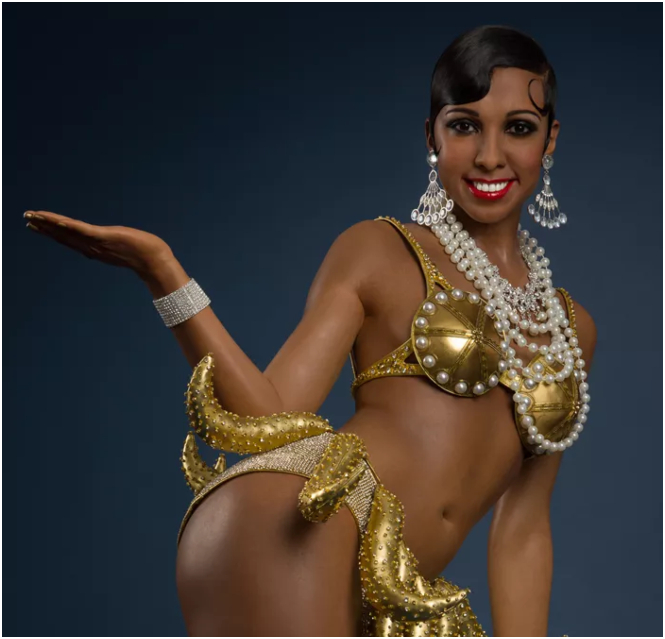Josephine Baker was more than just a dazzling entertainer—she was a fearless activist, a wartime spy and a civil rights champion who fought strongly against racism.
As part of Black History Month, we honor the remarkable life of the St. Louis-born icon who captivated audiences across the globe and fought tirelessly for justice.
Born Freda Josephine MacDonald in 1906, Baker rose to fame in 1920s Europe, where she became the highest-paid performer of her time.

Her exoticized stage persona, including the famous “banana dance,” reflected the era’s fetishization of African culture—a contradiction she used to her advantage. She became the first Black woman to star in a feature film and one of the most photographed women in the world.
Yet, despite her international stardom, America rejected her. A 1936 Broadway return exposed her to Jim Crow racism, prompting her to leave the U.S. for good and settle in France.
When World War II erupted, Baker proved her allegiance to her adopted country by joining the French Resistance. She used her celebrity status to gather intelligence, smuggled messages in invisible ink on sheet music, and conducted covert missions, earning France’s highest military and civilian honors.
After the war, she turned her fight toward civil rights.
In 1951, Baker refused to perform for segregated audiences in the U.S., a decision that forced venues to integrate. She continued advocating for racial equality throughout her life, leaving an indelible mark on history.
Josephine Baker’s legacy as an entertainer, war hero, and civil rights activist cements her place as a trailblazer who defied barriers and fought for a more just world.
